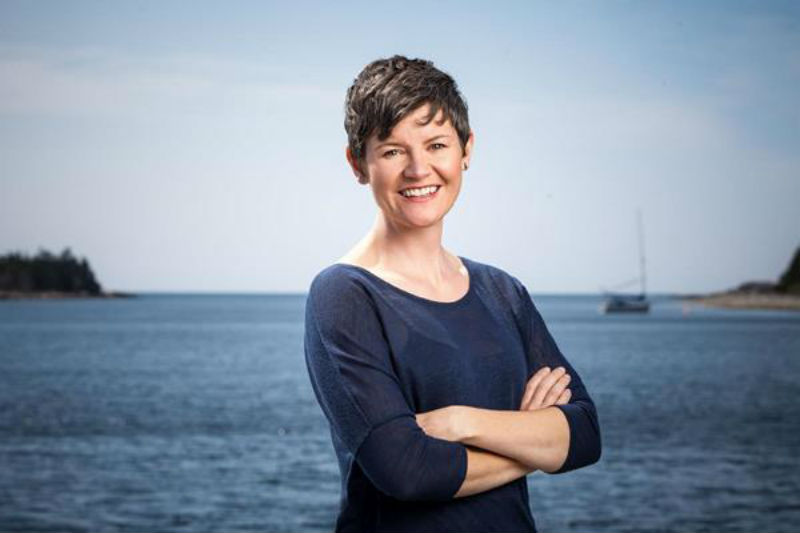World Wildlife Fund-Canada (WWF-Canada) has found it’s next president and CEO: Former MP and Deputy Leader of the NDP Megan Leslie

The announcement was made public on Thursday. Leslie will succeed current WWF-Canada President and CEO, David Miller.
Leslie’s name will be familiar to those in Halifax; she served as MP for the riding from 2008 until 2015, when she was beaten by Andy Fillmore.
READ MORE: Megan Leslie heads in new direction with World Wildlife Fund job
For the past ten months she’s served as a senior adviser to the WWF’s oceans team in Canada, but told Global News she’ll be bringing her experience in the Federal government with her to her new role.
Leslie says that under her leadership the WWF won’t just be lobbying the government for change, she says that she’ll be charting a path for WWF-Canada past 2020 and into the future, using the organization’s Living Planet report as a baseline.

Get breaking National news
“I’m looking onto the horizon to see what comes next,” she said.
“We can see which species are thriving and why they’re thriving; because of conservation efforts.”
Leslie says she sees the future of the organization as being committed to reversing the decline wildlife in Canada, which according to the report has seen 50 per cent of its vertebrate species decline in population.
WATCH: Megan Leslie remembers ‘terrifying’ day shooter opened fire on Parliament Hill
While many would see that as a daunting figure, Leslie says that she’s ready to take on the challenge.
“It’s not just doom and gloom. We’re not writing an obituary for nature here, we’re writing a path on how to solve these problems” she said. “That’s the kind of work I’m interested in doing.”
Whale deaths in the North Atlantic
Leslie’s time in the WWF’s oceans team means she’s familiar with the recent die of North Atlantic Right Whales in Atlantic Canada and the Eastern United States.
She commended Canada’s Department of Fisheries and Oceans in their reaction to the whales die off. Although she admitted there are many questions about the whales that we don’t have answers to, but said it’s “unequivocal” that humans have played a role.
“We know that it’s entanglement in fishing gear and blunt-force, likely cause by fishing strikes,” she said. “But what we don’t know is why are those whales in the Gulf of St. Lawerence and not the Bay of Fundy where we are used to seeing them.
She says that the WWF solution would look at a network of marine protected areas throughout Canada and where wildlife need safe havens.
WATCH: Latest news on Right whale deaths

















Comments